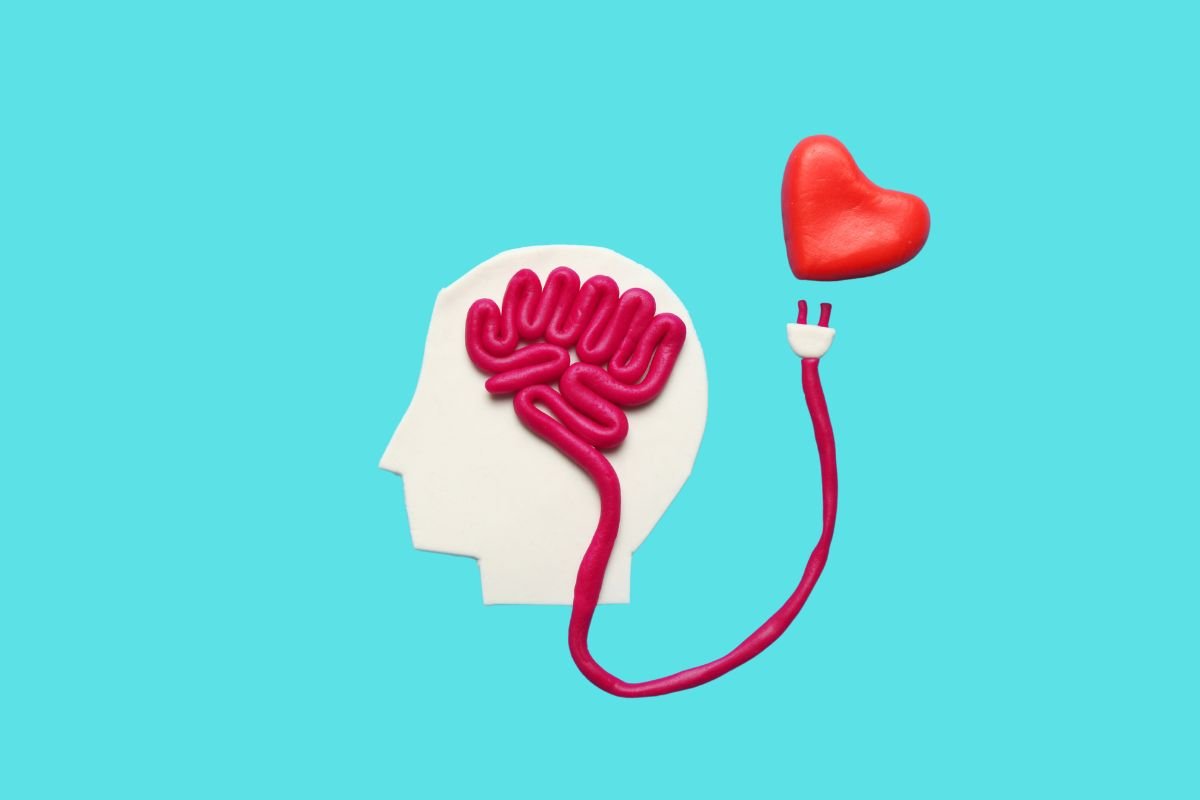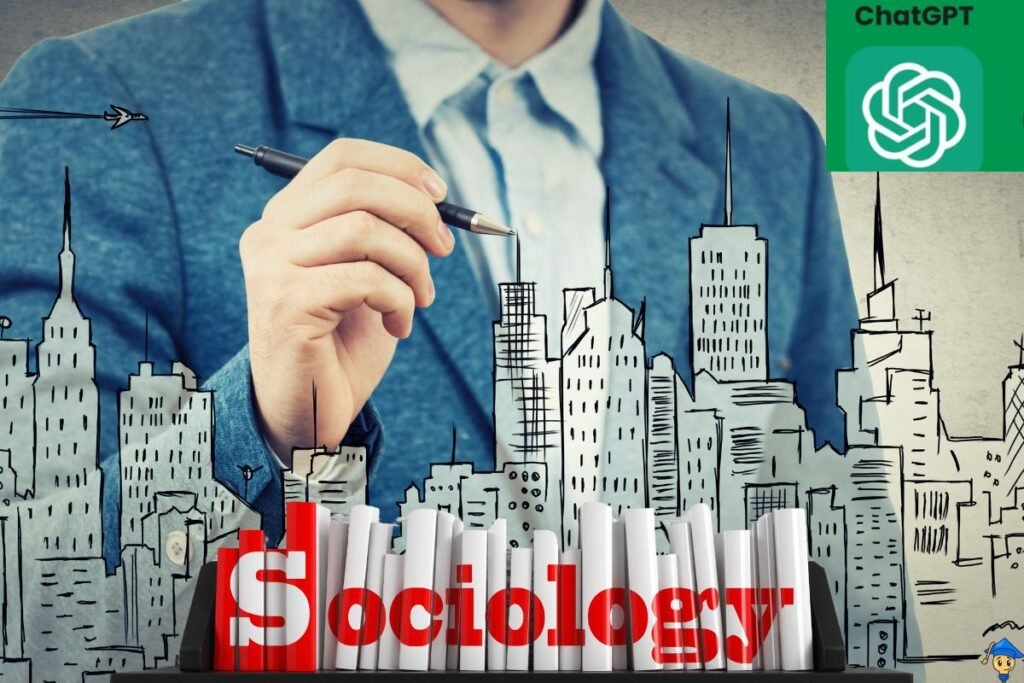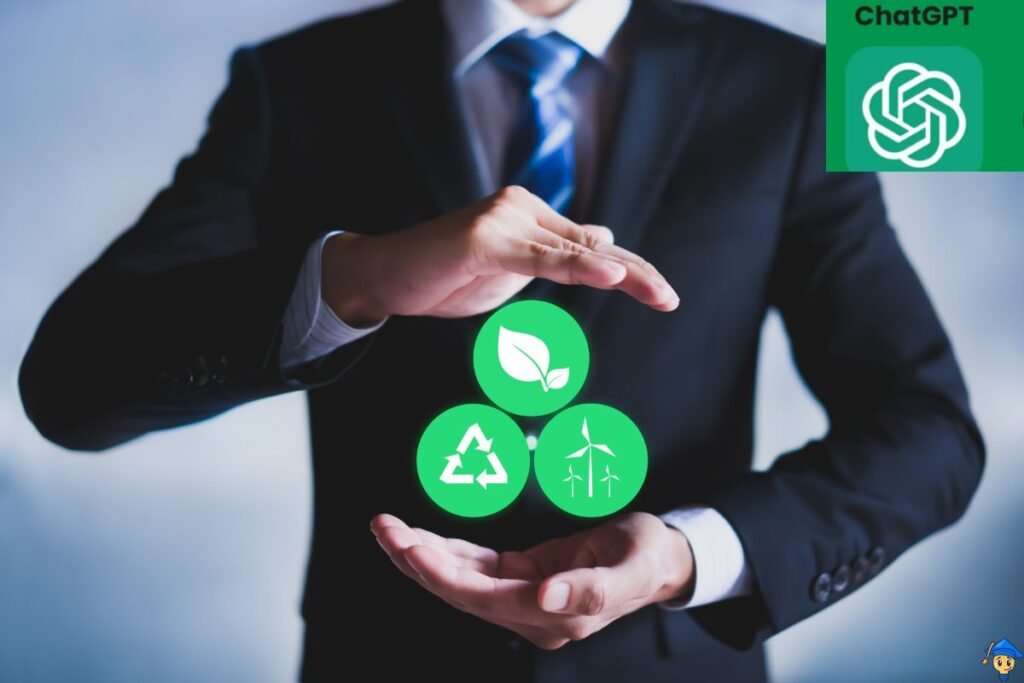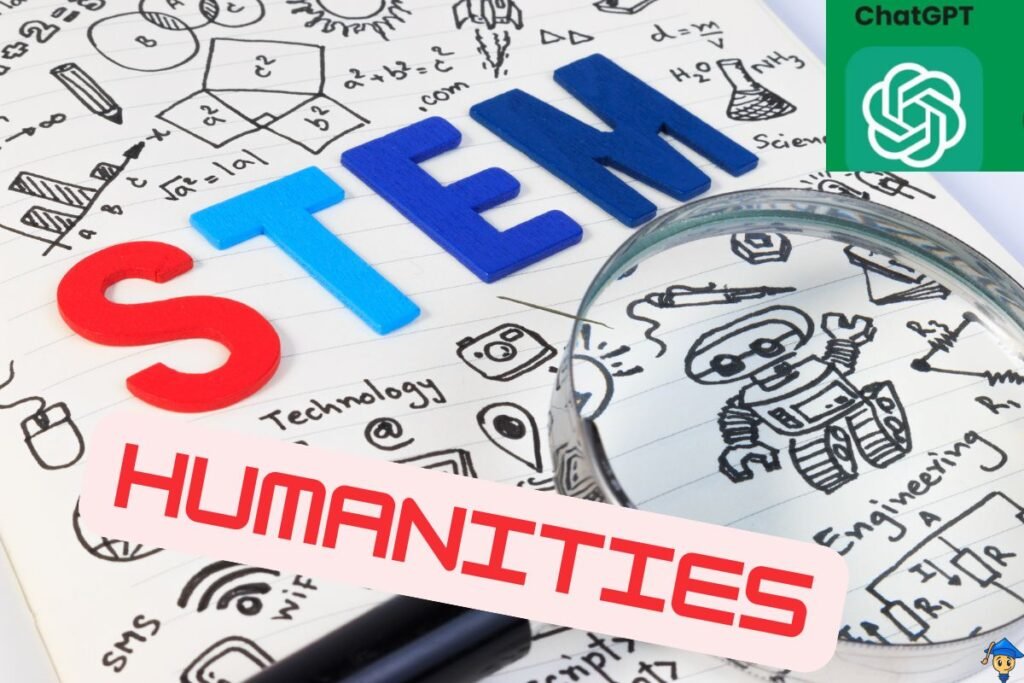In the hustle of academic life, it’s easy to focus solely on intellectual pursuits. But what about your emotional intelligence (EI)? As Daniel Goleman, psychologist and author, puts it, “If your emotional abilities aren’t in hand, if you don’t have self-awareness if you are not able to manage your distressing emotions, if you can’t have empathy and have effective relationships, then no matter how smart you are, you are not going to get very far.”
Enter ChatGPT – your AI-powered introspection companion. While it can’t replace human interaction or professional help, it can serve as a tool for self-reflection, helping you explore your emotions and reactions in a safe, judgment-free space.
Why Emotional Intelligence Matters
Emotional intelligence isn’t just about feeling good – it’s a crucial skill set that impacts your academic performance, relationships, and future career success. It encompasses self-awareness, self-regulation, motivation, empathy, and social skills. By enhancing your EI, you’re not just becoming more in tune with your emotions; you’re developing a superpower for navigating the complexities of human interaction.
Leveraging ChatGPT for Self-Reflection
ChatGPT can act as a prompt generator and a sounding board for your thoughts. Here’s how to use it effectively:
1. Regular Check-ins: Set aside time each week for EI-focused self-reflection.
2. Honest Responses: Be truthful in your answers – remember, this is for your growth.
3. Deeper Dives: Use ChatGPT’s responses as springboards for further introspection.
4. Action Plans: Develop concrete steps to apply your insights in real life.
10 Sample Prompts for EI Self-Reflection
Prompt 1:
“Describe a recent situation where you felt overwhelmed. What triggered these feelings, and how did you respond?”
Prompt 2:
“Think of a time when you successfully managed a difficult emotion. What strategies did you use, and how can you apply them in the future?”
Prompt 3:
“Reflect on a recent conflict with a peer. How might the situation have looked from their perspective?”
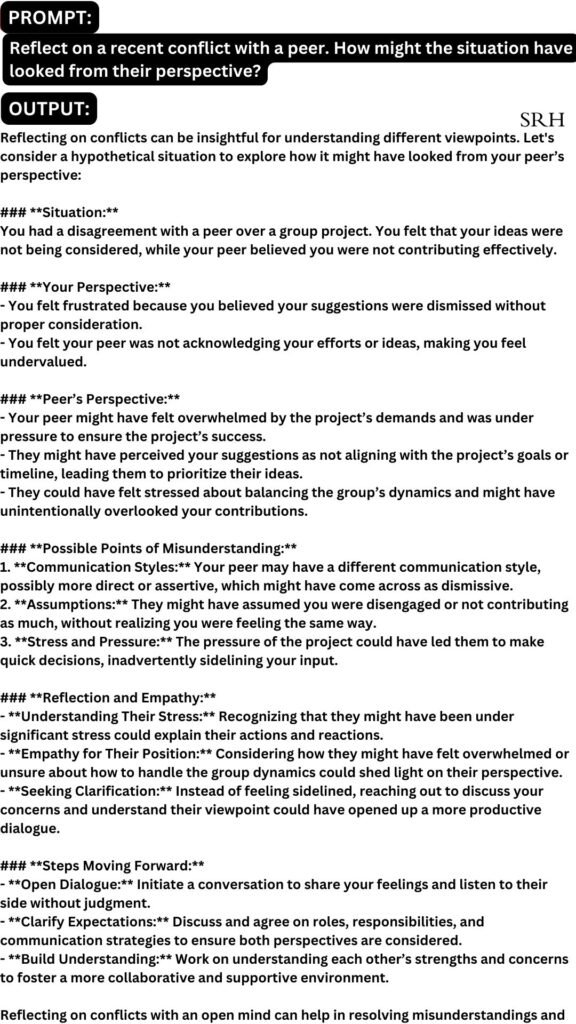
Prompt 4:
“Identify three personal strengths and three areas for improvement in your emotional responses. How can you leverage your strengths to work on your weaknesses?”
Prompt 5:
“Describe a goal you’re working towards. What emotions come up when you think about this goal, and how do they influence your motivation?”
Prompt 6:
“Think about a time when you misunderstood someone’s intentions. What assumptions did you make, and how could you approach similar situations differently in the future?”
Prompt 7:
“Reflect on your typical reaction to stress. How does it affect your behavior and relationships? What’s one small change you could make to manage stress more effectively?”
Prompt 8:
“Consider a recent success. How did you celebrate it? How do you typically acknowledge your achievements, and how does this impact your self-esteem?”
Prompt 9:
“Think about someone you admire for their emotional intelligence. What specific behaviors do they exhibit that you’d like to emulate?”
Prompt 10:
“Reflect on a time when you had to deliver difficult feedback. How did you approach it, and what could you do differently next time to improve the outcome?”
Remember, the goal is not just to answer these prompts, but to use them as starting points for deeper self-reflection and actionable insights.
Tips for Maximizing Your EI Growth with ChatGPT
1. Consistency is Key: Regular reflection leads to more significant growth.
2. Challenge Yourself: Don’t shy away from difficult or uncomfortable prompts.
3. Track Your Progress: Keep a journal of your reflections and insights.
4. Apply Your Learnings: Put your newfound self-awareness into practice in daily life.
5. Seek Balance: While ChatGPT is a useful tool, also engage in real-world interactions to apply and refine your EI skills.
Resources for Further Research:
By integrating these ChatGPT-powered self-reflection exercises into your routine, you’re not just boosting your EI – you’re investing in your overall well-being and future success. Remember, emotional intelligence is a journey, not a destination. Each reflection is a step towards becoming a more self-aware, empathetic, and resilient individual.
Are you ready to embark on this transformative journey?

